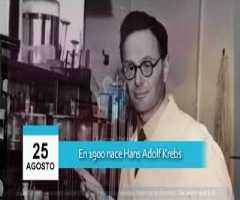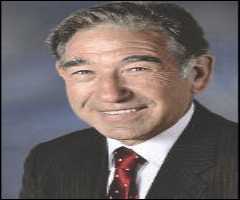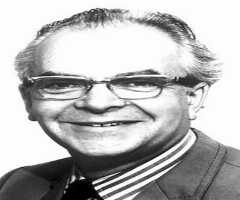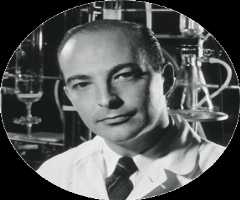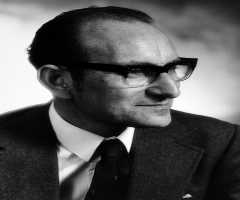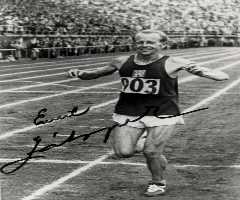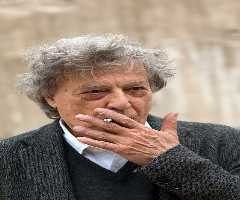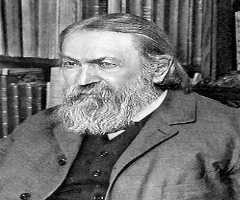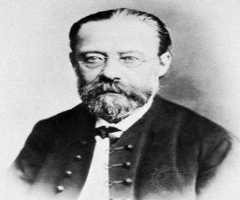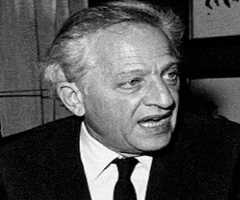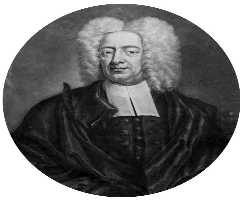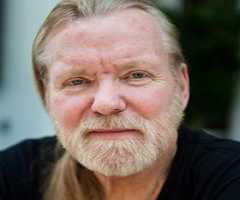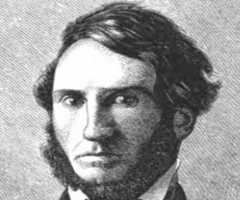Carl Ferdinand Cori Biography, Life, Interesting Facts
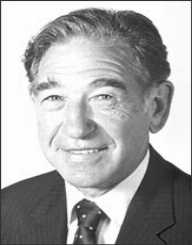
Birthday :
Died On :
Also Known For :
Birth Place :
Zodiac Sign :
Tons of people tend to fear strenuous and multisyllabic words when it comes to choosing careers. That is why the world will always struggle with unemployment. But one man came to prove that all is possible as long as one is willing and determined. In that tone, Carl Cori came to prominence as a promising pharmacologist and biochemist.
Carl Ferdinand Cori was an expert in the field of science that reviews and analyze chemical processes that crop up in living organisms. After his discovery, he concluded that biochemistry helps an individual to understand a variety of psychological perceptions. This was in regards to his research and study in biochemical reactions.
Childhood and Early Life
On December 5th, 1896 Carl Ferdinand Cori was first seen in the world in Prague, Czech Republic. His father, Carl Isidor Cori served as a zoologist. His mother was known as Maria Nee Lippich. At his tender age, Carl loved to spend time with his grandfather, Ferdinand Lippich who worked as a Professor of Physics. The consistent visits and exposure to the world of science gave Carl a chance to love the field during his childhood years. In 1914 he completed his early education in Trieste, Italy. It was the same year that his father moved the family to Prague.
After a short pause of settling, Carl was taken to Charles University where he majored in medicine. In the course of the WWI, he joined the Austrian Army where he was appointed as a lieutenant. In the course of the war, he was pleased with the service where he went to concentrate on his studies. In 1920 he received a Doctor of Medicine degree.
Career
After receiving his degree in medicine, Carl Ferdinand Cori enrolled at the University of Vienna and studied for a year. He then spent another year at the Varsity of Graz where he served as an assistant in the branch of medicine. It was at Graz that Cori worked with Otto Loewi where he studied cranial nerves of the heart.
Early in 1992, Carl Ferdinand Cori teamed up with the State Institute in New York. Here he worked as a biochemist in the field of Malignant Diseases. In partnership with his long-term wife, Gerty Cori Carl managed to conduct several types of research in regards to nonclinical studies. The couple researched and analyzed the carbohydrate metabolism that helps in the production and disintegration of carbohydrates in living organisms. It was validated research that paved the way for Carl’s first discovery called Lactic Acid Cycle in the 1930s.
In 1931 Carl Cori was appointed as the Professor of Pharmacology at Washington University School of Medicine. He later got a seat as the Professor of Biochemistry. While still there, the duo; Gerty and Carl continued to work on their research. After some time they came to define and determine a chemical catalyst called glycogen phosphorylase.
It was after retiring from his previous position that Carl Ferdinand Cori went to work at Harvard University. Also, he continued to gather tons of information at the Massachusetts General Hospital. For three years he went to work at Albert Einstein College of New York. Unfortunately, his health took his career where he opted to call for early retirement.
Awards and Achievements
In 1947 Carl Ferdinand Cori received the Sugar Research Foundation Award followed by Nobel Prize in Medicine. He later garnered Willard Gibbs Award in 1948 as well as Australian Decoration for Science and Art Award in 1950.
Personal Life and Legacy
In 1920 Carl Ferdinand Cori married Gerty Theresa Cori, a biochemist with whom he had a son called Tom Cori. In 1957 Theresa died due to a short illness. Carl later married Anne Fitz in 1960. Due to health problems; he breathed his last on October 20th, 1984 at 87 years of age.
